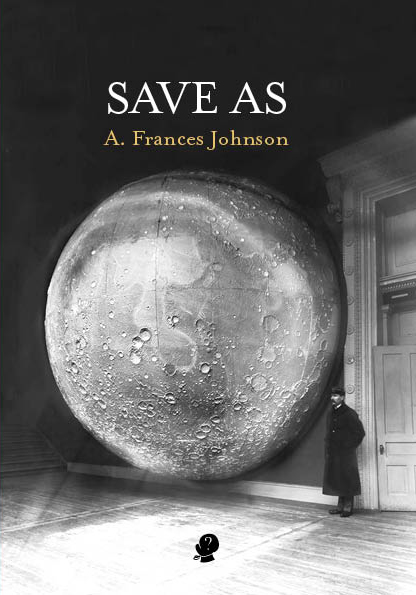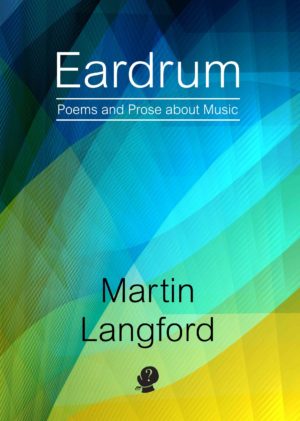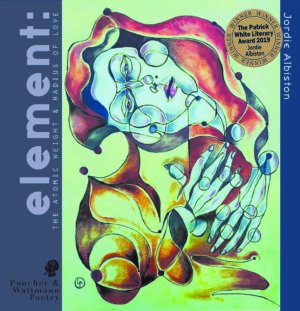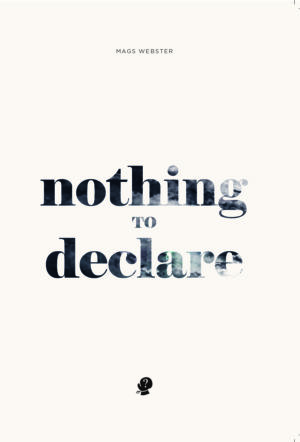Product Description
In A. Frances Johnson’s Save As, poetries of disfigurement braid tropes of ruin: land and country, self and community.
Shunning earnestness and sanctimony, this distinctive ‘writing after nature’ offers deprecatory wit and an arsenal of intertextual and parodic free-verse techniques. An aluminium can narrates its own lifecycle, speaking of unchecked corporate extraction of aquifers; the Wikipedia entry for ‘Water’ is reframed in past tense, the vital chemical as pure remembrance in a dry world. Donne’s iconic ‘The Sunne Rising’ is retold with a factor 50 smile and more than a gentle nod to an overheated world. Keats’s lakeside withered sedge in ‘La Belle Dame Sans Merci’ is transplanted to a tired pink lake under Melbourne’s Westgate Bridge. Among these politically playful poems, moving personal elegies are interspersed. These, too, are subtly implicated in ecological crisis; the mourning subject is always part of a bigger picture.
These poems eschew one-note, passivity-inducing, melancholic lamentation, and invite self-identification and self-critique. Boldly wrestling with the long-armed tradition of modern pastoral romanticism, the collection’s poetic and personal ‘dross scapes’ show urgent engagement with ecological ruin and ecologies of grief.
Johnson’s compelling poetic agitprop attests that one cannot die of landscape, but one can die of despair over loss of country and home. In demolishing ‘landscape’ and ‘poetries of the natural world’, these poems invite us to confront the real while acknowledging mythic artifice.
REVIEWS
“The poems of Amanda Frances Johnson’s fourth book…look towards personal and family history as well as outwards to a world that seems fraught with intimations of apocalypse… The way her books are structured suggests a desire to see relationships between poems that look outward towards the gathering storm and those that focus on individuals, especially family member.” MARTIN DUWELL, Australian Poetry Review
“Save As reminds us that surrealism now seems not so much an art movement as a geophysical portent. Bioluminescent, garish, and at times unable to escape the automatic brief of posthuman cadence, we fail, and admit to it.” GREGORY DAY, Australian Book Review (paywalled)





